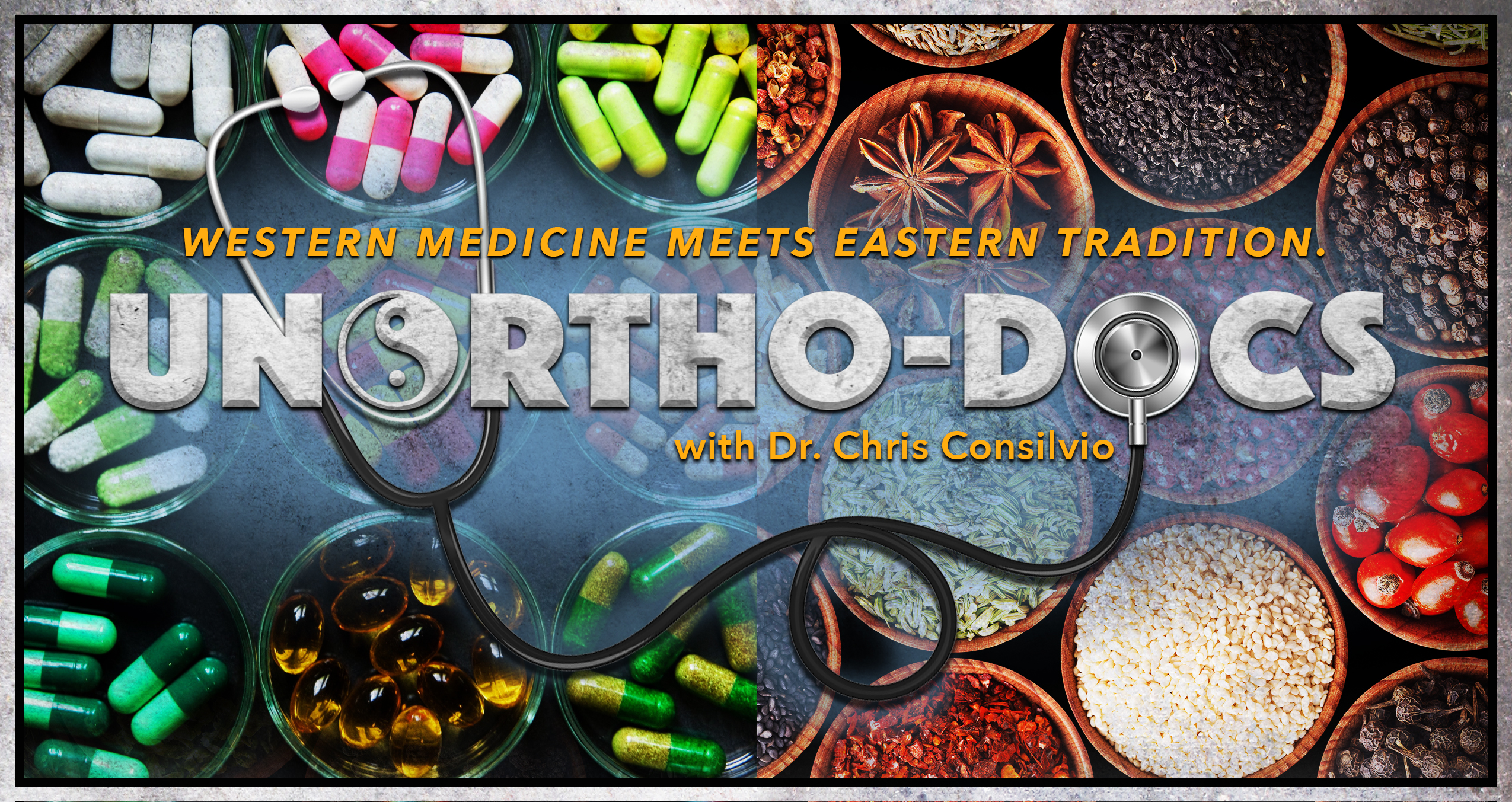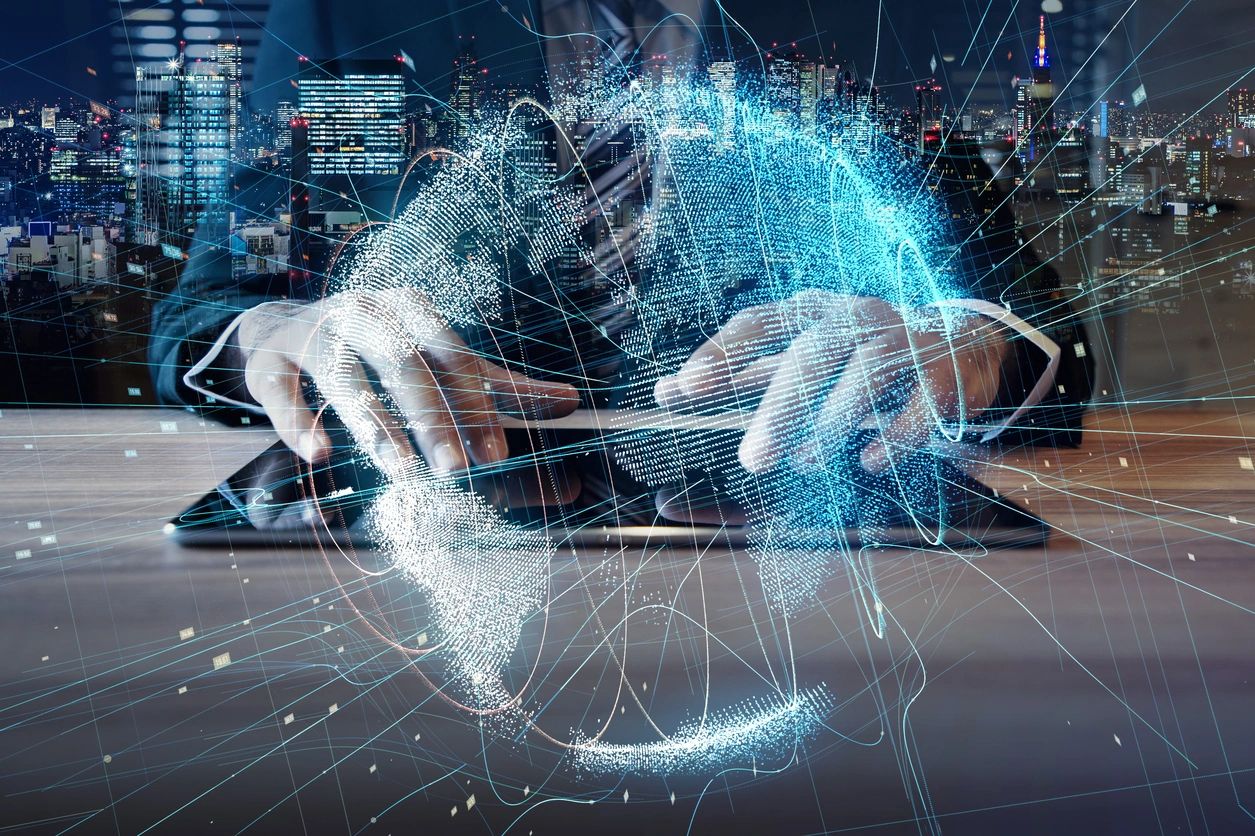I want so badly to write something hopeful. I wish I had some inspiring words that could make us feel like everything is going to be ok. I see the trepidation slowly enveloping my heath care colleagues- fear of the storm that is about to hit in Los Angeles. I want to rant about the ridiculous fact that we don’t have enough masks or gowns, or COVID tests, or ventilators. I want to rage about the lack of political will to pay the draconian price it will cost to arrest this viral attack. I could go on about the United States cultural valuation of individual exceptionalism and how this worldview handicaps our capacity to prioritize society’s benefit above our own.
I often shutter when my colleagues ask me if everything is going to be ok. Compared to what? I don’t know what to say- that it is going to be terrible? I wonder what the pep talk was to the troops during the second World War right before storming the beach at Normandy?
There is no way to sugarcoat it. The American health care system is about to be overwhelmed in a way it never has been in any of our lifetimes. New York City will be the first casualty. Doctors, nurses, technologists, and support staff are all directly in harms way. I had a guy come up to me in the elevator the other day and say, “Thank you for your service.” Yikes.
All of us didn’t sign up for this.
Fear and anxiety is spreading like a virus throughout the healthcare system. Even so, if they are healthy, the vast majority of doctors, nurses, and staff will show up to work. They understand they are desperately needed. Trust me, nobody wants to do this shit. We would all prefer to stay home with our whining kids, watch tv, and self isolate. But in our hearts, we know we can’t. As one of my critical care colleagues said, “Frodo didn’t want to carry the ring either.”
Right now there is a massive shortage of PPE (personal protective equipment). Front line workers don’t have enough of the equipment to protect themselves from the virus: N95 masks, gowns, goggles, even gloves. Because this is just the dawn of the pandemic, and most of us have not dealt with anything like this before, health care professionals in the trenches really don’t really know how to correctly wear the cumbersome protective gear and simultaneously do their normal jobs.
Each day is a minefield. Maybe you forgot to be vigilant while seeing a patient who seems low risk but is actually COVID positive? Maybe your ingrained instinct to treat a suffering patient first overpowers your plan to protect yourself- just for one moment, at the wrong moment? Maybe you make an error and contaminate yourself when you take off you mask? You simply cannot make a mistake all day long. Every day. Day after day. It is exhausting.
Even with today’s embarrassing equipment shortages, I am fairly certain that soon enough we will have an adequate supply of personal protective masks and gowns. We will even figure out how to do our jobs while wearing them correctly and physically protecting ourselves. Even so, health care providers will face another equally serious risk of this pandemic for which there is no PPE: emotional exhaustion.
I can tell you from personal experience, watching a patient die commandeers a little piece of your soul. Seeing a patient suffer when you cannot help, tortures even the most jaded in medicine. For doctors and nurses on the front line, this emotional drain is about to happen on an unprecedented scale. Each successive day will drain us more. Working in the hospital, continuously anxious about maintaining our own health, all while witnessing ubiquitous tragedy, is destined to exhaust any and all of our emotional reserves.
The mental health of all health care workers is bound to suffer. There will be those that suffer severe anxiety and even post-traumatic stress. Empathy will dissipate. The stress will sometimes be too much to bear. That’s what’s on the horizon.
However, it’s not just health care workers who are at risk for emotional exhaustion and progressively compounding anxiety. Everyone is. We mostly live our lives under a perceived impression of stability, predicability and control. We have have none of those now. Are we going to get sick or even die? Have we, or will we, lose our jobs? How will we pay our next rent check? Many dreams have been squashed and long established plans extinguished. Our current world is an anxiety and panic inducing crucible.
But at least we are not alone.
Ironically during this time of physical isolation, it is not social distancing we need to practice, but rather social connectedness. As our emotional reserve depletes and our anxiety levels skyrocket, connecting with others will be our most important medicine during this crisis.
When the weight of whatever particular burden you are carrying gets a little too heavy, seek out a connection. Talk to someone- it doesn’t even have to be someone you know well. Suffering with someone is a very different experience than suffering alone. If a problem cannot be solved, at least it can be shared. In the history of the world there has probably never been an event when all of humanity is facing the same challenge, unquestionably linked and reliant on each others actions. The world is interconnected today in a way it has never been in the past. That connectedness is the reason this virus has spread so profusely across the globe, but our interwoven world can also serve as a tool to battle our collective emotional strain.
Don’t kid yourself, this is not going to be over anytime soon. Start finding your own emotional protective equipment now. Sometimes a simple honest conversation and human connection can remind us that we are not suffering in solitary and offer us solace. Keep an eye out for others who may have a harder time than you in dealing with their adversity. Offer them an ear.
I can guarantee, at some point the difficult times will eventually end. The world will have changed in many ways, but eventually we will be able to end our physical distancing and return to a sense of normalcy. Today, if we align ourselves together in our shared goals and shared sufferings, and use social connectedness as a tool, we might be able to mitigate some of the pain we will feel along the way. It’s going to be too hard to do it any other way.
So I guess that’s my pep talk…


Love it ! Spot on! Thank you and I thank my daughter , Dr Sunberri Murphy.
Sue Henderson
Thank you. Your daughter is very talented and nice!